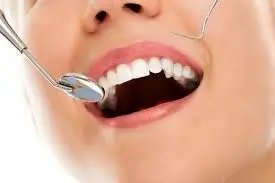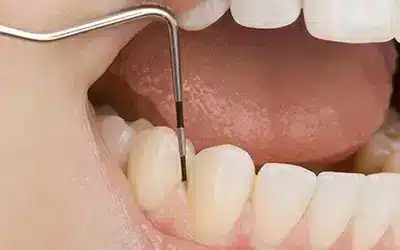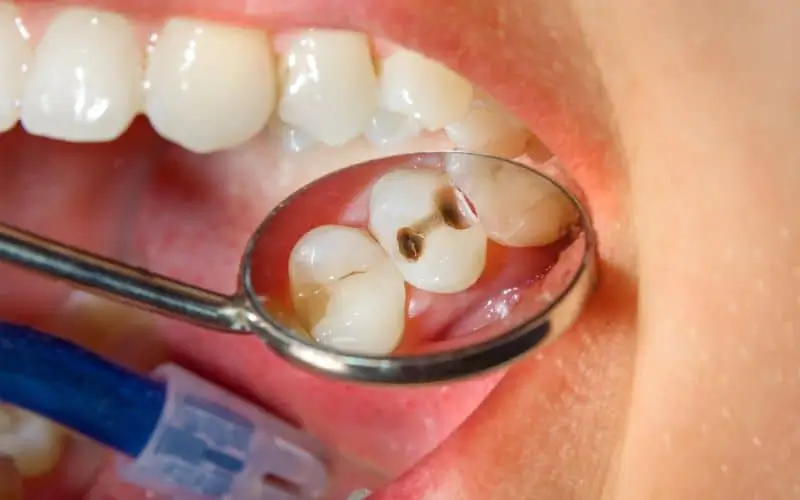Dental Diseases: The Hidden Threat to Your Oral Health
Dental disease are among the most prevalent health issues worldwide, affecting people of all ages. They range from common conditions like tooth decay and gum disease to more severe problems such as oral cancer. Understanding these diseases and how to prevent them is key to maintaining good oral health read more.
The Most Common Dental Disease

- Tooth Decay (Cavities):
Tooth decay is one of the most common dental disease caused by plaque buildup. When plaque combines with sugar, it produces acids that eat away at the tooth enamel. Over time, this can lead to cavities, which are holes in the teeth that can become painful and cause further damage if untreated. - Gum Diseases (Periodontitis):
Gum diseases is an infection of the tissues surrounding the teeth. It starts as gingivitis, which causes gums to become inflamed and bleed. If left untreated, it can progress to periodontitis, a more severe form of gum diseases that can lead to tooth loss. - Oral Cancer:
Oral cancer is less common but highly dangerous. It can develop in any part of the mouth, including the tongue, lips, and the soft tissues of the cheeks. Early detection through regular dental checkups significantly improves treatment outcomes. - Tooth Sensitivity:
Tooth sensitivity occurs when the tooth’s enamel wears down, exposing the underlying nerves. This can cause pain when consuming hot, cold, or sweet foods. While not always classified as a disease, sensitivity can be a sign of an underlying issue such as gum recession or tooth decay.
Causes of Dental Disease
Dental disease can be caused by a variety of factors, including poor oral hygiene, smoking, poor diet, and lack of regular dental visits. Plaque buildup is the primary cause of tooth decay and gum diseases. Plaque is a sticky film of bacteria that forms on your teeth after consuming sugary foods and drinks.
Symptoms to Watch Out For
Recognizing the symptoms of dental disease early can prevent further damage and the need for costly treatments. Some of the symptoms of dental disease include:
- Persistent toothaches or sensitivity
- Bleeding gums
- Swollen or red gums
- Pain when chewing
- Bad breath
- Mouth sores or growths
Prevention of Dental Disease
Prevention is always better than treatment. The good news is that dental disease can often be prevented with proper care. Here are some effective prevention tips:
- Brush your teeth twice a day: Regular brushing with fluoride toothpaste helps remove plaque and prevents tooth decay.
- Floss daily: Flossing removes plaque and food particles from between the teeth where your toothbrush can’t reach.
- Avoid sugary foods: Reducing your sugar intake can lower the risk of cavities and gum.
- Visit your dentist regularly: Regular dental checkups help detect problems early and maintain oral health.
- Quit smoking: Smoking increases the risk of gum disease and oral cancer.

Treatment Options for Dental Disease
Treatment for dental disease varies depending on the condition. For tooth decay, fillings or crowns may be used to restore the damaged tooth. Gum disease may require professional cleanings, medications, or even surgery in severe cases. Oral cancer treatment depends on the stage of the disease and may involve surgery, radiation therapy, or chemotherapy.
The Psychological Impact of Dental Disease
Dental disease not only affect physical health but can also impact a person’s confidence and mental well-being. Conditions like gum disease and tooth decay can lead to bad breath and visible tooth damage, causing embarrassment and social anxiety. Early treatment and prevention can help mitigate these emotional effects.
The Future of Dental Health: Innovations in Disease Prevention
Advancements in dental technology are making it easier to prevent and treat dental disease. From laser treatments for gum disease to AI-powered diagnostic tools, the future of dentistry looks promising in terms of both prevention and care.
The Link Between Oral Health and Overall Health
Dental disease are not isolated to the mouth — they can have a significant impact on overall health. Poor oral health has been linked to various systemic conditions, including heart disease, diabetes, and respiratory infections. Gum disease, for instance, has been associated with an increased risk of heart disease due to the inflammation it causes in the body. Maintaining good oral hygiene is not only essential for a healthy smile but also for preventing serious health issues.

The Role of Diet in Preventing Dental Disease
What you eat plays a crucial role in the health of your teeth and gums. A balanced diet rich in vitamins, minerals, and antioxidants can help protect against common dental disease. Foods high in calcium and vitamin D, such as dairy products and leafy greens, strengthen tooth enamel and bones. On the other hand, sugary and acidic foods contribute to plaque buildup and increase the risk of tooth decay and gum. Drinking plenty of water and limiting sugary snacks are simple but effective ways to protect your teeth discover more.
